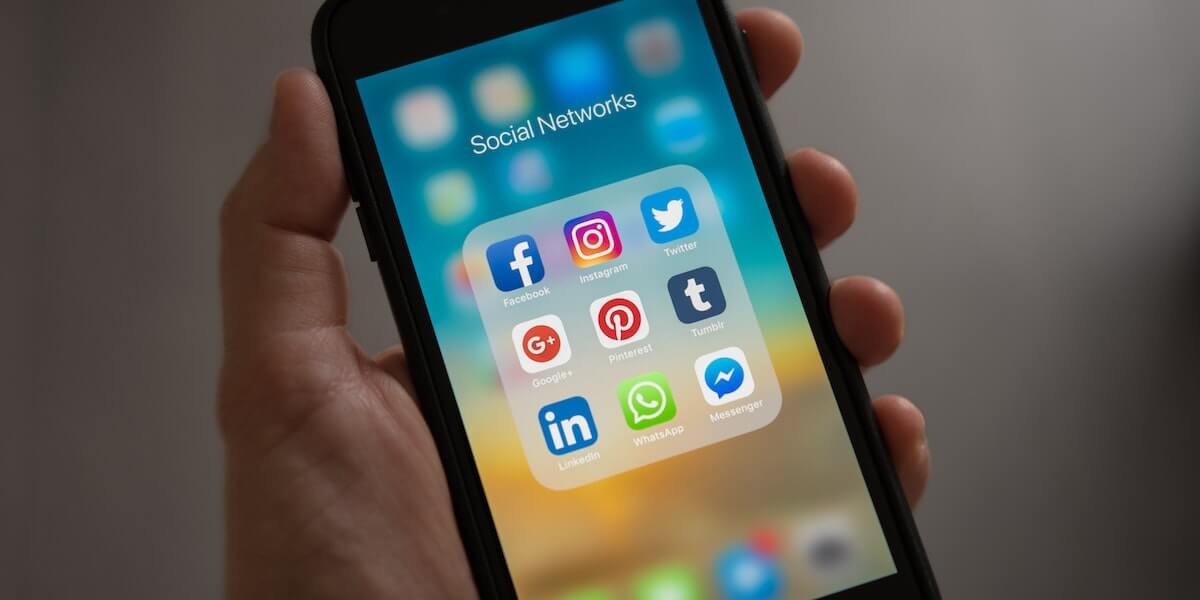The announced decision by the House of Representatives spotlights the growing social media security concern created by individuals and corporations working with, or for, the federal government. On December 23, 2022, Congress, in a bipartisan spending bill, banned TikTok from all government devices. The White House, the Pentagon, the Department of Homeland Security, and the State Department have already banned the social media app, as have more than a dozen other states. The Tik Tok decision combines national security, social media, and “China” in only one institution’s change of policy. It reflects the challenge that continued use of social media presents to those within the federal circle of trust.
The Chinese government, as well as other foreign powers, actively probe all aspects of American life for information useful in compromising the Republic’s national security interests. They are active not only in stealing the federal government’s data, but also doing the same in our private and public corporations. And no one piece of information is the exclusive goal of any intelligence operation; all types of information are useful if they can be gained.
No member of the House of Representatives will be allowed to download the TikTok app on any House-issued mobile phone. This mirrors the general practice of prudent Executive Branch leaders, supervisors, managers, and employees. Many refuse to use social media at all. It is very rare for a CIA or NSA employee to have, for instance, a Facebook account. Entering the federal circle of trust requires changes in one’s personal life. Americans of older generations were more comfortable with making these changes. Not so much anymore. It is a choice the security community will force upon everyone seeking access, from a member of Congress down to an entry-level staff member at the Defense Intelligence Agency.
The underlying Tik Tok security concern is that the social media app can be used by a foreign power to collect intelligence or information useful in blackmailing the user into releasing classified information. The user does not need intent to do the Republic harm; the term “unwitting fool” is used in security circles of trust for situations in which an otherwise well-meaning simpleton plays the pawn role in an intelligence operation.
Removing social media apps as a “door” to gain access to classified information denies the foreign intelligence service one means of access. But the impact is lessened if the federal leaders, supervisors, managers, and employees then substitute personal accounts for government accounts. And while Congress controls its own security clearances, it must coordinate with the Executive Branch to gain access; if it fails to present a security-safe profile by taking actions like the Tik Tok decision, the national security establishment headed by the Director of National Intelligence for the President will just deny access. Congress collects no intelligence of its own. It is wholly reliant on the President in this federal activity.
The security profiling mechanism governing Executive Branch decisions in this area is Guideline M: Use of Information Technology. It is also used by House and Senate security personnel when they advise Members of Congress and their staffs. Under Guideline M, not all social media characteristics trigger a security concern. But social media apps can be used to make an unauthorized entry into an information system; they can be entry points for the modification, destruction, or manipulation of an information system or data; they can be used to gain unauthorized access to a compartmented area used to store classified information; and they can promote negligence and lax security practices. The decision is not made to limit communication; it is made to limit theft.
Many have been focused on the events of January 6th and the security profiles of members of Congress thought to have encouraged the protest or insurrection. But the event to focus on preceded January 6th. On the morning of October 23, 2019, members of the House of Representatives stormed the compartmented area used by the House intelligence committee to receive, view, and discuss classified information provided by the President through his intelligence agencies. In violating the rules for handling classified information, the storming raised questions regarding the Congressional commitment to maintaining the discipline necessary to protect classified information. That same discipline is needed to not misuse Tik Tok or one’s private email. Given the question hanging over Congressional reliability, Tik Tok—and other entry points—have to go.
Dan Meyer, Managing Partner of Tully Rinckey PLLC’s Washington, D.C. office, has dedicated more than 25 years of service to the field of federal employment and national security law as both a practicing attorney and federal investigator and senior executive. Dan Meyer is a member and Vice -Chair of the National Security Lawyers Association. He is a leader in advocating for service members, federal civilian employees, and contractors as they fight to retain their credentialing, suitability, and security clearances. Mr. Meyer can be reached at info@tullylegal.com or at (888) 529-4543.
Lachlan McKinion is a law clerk in Tully Rinckey’s Washington, D.C., office, where he focuses on national security and security clearance law and supports the needs of TR’s corporate national security clientele.









